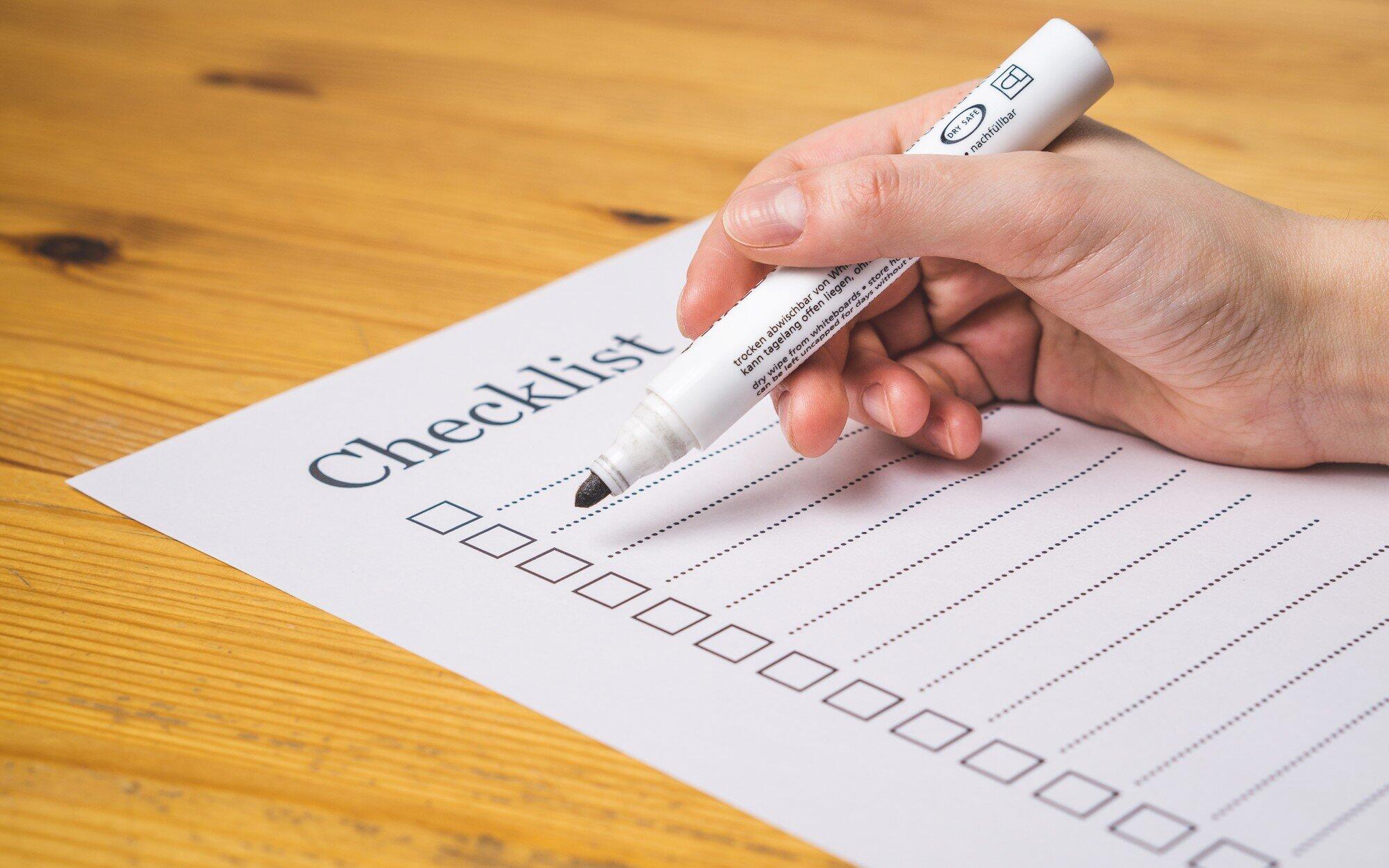Last month South Florida experienced some record high heat levels. If you live in or around the Naples area, you’re likely relying heavily on your AC right now to keep you and your family cool.
Unfortunately, all it takes is one small problem for you to be without air conditioning for days. And, considering the extreme heat, this can be potentially dangerous. That’s why you must make sure your AC is well-maintained so it doesn’t unexpectedly break down on you.
The key to doing this is to go through an AC maintenance checklist.
But what parts of your AC should you check? And do you need a professional inspection in Naples? In this air conditioner care guide, we’ll answer these questions so you can keep your AC operating efficiently throughout the whole summer.
1. Change the Filter Regularly
Many people think that cooling system maintenance is going to involve a lot of work. However, one of the most important pieces of maintenance you can do is also one of the easiest: change the air filter regularly.
When your filter is clogged with dirt and debris it needs to work twice as hard to pull air through. Not only does this up your power bill, but it can also put a serious strain on your HVAC system.
What’s more, dirty filters can affect your indoor air quality. That means that it can eventually cause health problems for you and your family.
To keep both yourself and your AC protected, remember to replace your filters every ninety days or so. While you will need to invest in filters it’s going to save you money in the long run from your power bills.
2. Keep the Coils and Unit Clear of Obstructions
It’s easy for debris and dirt to build up around the outside of your AC unit, near the coils and fins. When this happens your AC unit needs to work twice as hard to pull air in.
So make sure you’re regularly brushing off any leaves that might be blocking the intake. Additionally, you should make sure that any shrubbery surrounding the unit is regularly trimmed so it doesn’t block things.
Then, rinse off the coils with your garden hose. Make sure you don’t use a pressure washer. This can damage your unit.
3. Monitor Your Thermostat
Many people are away from their homes for large portions of the day due to work. If you fall into this category, consider turning your thermostat off when no one is home.
This can often save you eight to ten hours of AC operation each day which will greatly prolong the life of your unit. It’s also better for the environment and your wallet.
According to research, air conditioning accounts for nearly 14% of electricity usage. Alternatively, you can also invest in a smart thermostat. These allow you to program home air conditioning levels when no one is home which can save you a lot of money.
4. Seal Ducts and Open Spaces
Unless you have a mini-split AC system, your home will rely on ducts to transport the cool air around the house. Unfortunately, if the ducts in your home are old they likely have some leaks in them.
That means that a good portion of the cool air escapes through the ducts before it even gets into your rooms. As a result, your AC needs to work twice as hard to get your room to the temperature you want it.
Do a visual inspection of all the ducts to ensure you don’t need to seal anything off. And don’t forget about windows and doors either.
If either of these are drafty then cool air can escape out of them too which will decrease home cooling efficiency.
5. Clear the Drain Line
When your AC operates it removes humidity from the air and turns it into condensation. Now this water needs to go somewhere, which is where the drain line comes into play.
The drain line is needed to carry the liquid away from the home. However, if it gets clogged it can back up which will produce significant water damage. So make sure you’re checking the drain line frequently for potential clogs.
6. Monitor Refrigerant Levels
The refrigerant is the component in your system that turns warm air into cool air. If you don’t have enough refrigerant your system likely leaks somewhere.
This isn’t something you can fix on your own so you’ll need to contact a professional. However, it is something you should monitor on your HVAC checklist so you can catch problems early.
7. Lubricate Parts
There are several types of moving parts on an AC unit, mainly around the circulation fan. Without proper lubrication, these moving parts can produce friction which will damage your AC unit.
So make sure you’re regularly applying lubrication so everything runs smoothly.
After the AC Maintenance Checklist, Do You Need An Inspection?
Unless you’re a trained HVAC specialist, there are likely going to be subtle things you miss during your AC maintenance inspection. To fill in these potential blindspots, you’re going to want to schedule regular maintenance inspections with HVAC professionals in the Naples, FL area.
How often? At the very least, once per year. If you’re doing a thorough maintenance checklist on your own, this will typically be fine.
However, because ACs in Naples are usually working overtime because of the weather, we recommend bringing in a specialist twice per year, or whenever you notice something might be wrong.
Remember that if you catch a problem early on it will likely be much easier to fix. Just make sure you’re picking the right AC company for your needs.
Need AC Help in Fort Myers? Contact the Mabry Brothers
We hope this guide helped you learn some summer AC tips to include on your AC maintenance checklist. Here at Mabry Brothers, we know that DIY HVAC maintenance isn’t for everyone.
That’s why we provide some of the best AC services in the Fort Myers area. Whether it’s our free estimate or 24/7 emergency services, we always put your needs first.
So if you’re ready for an AC maintenance inspection, get in touch with us today.


